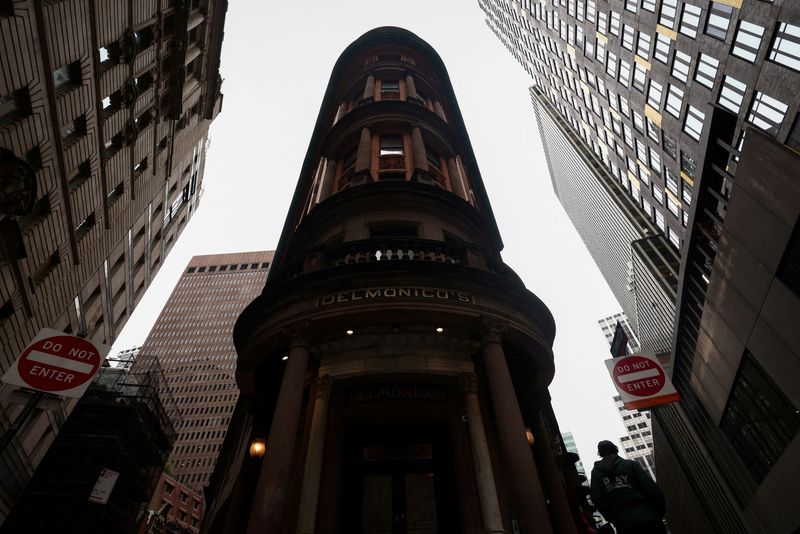By Doyinsola Oladipo
NEW YORK (Reuters) - U.S. consumers are increasingly canceling dinner, night club, and pool cabana reservations as they grow more selective with discretionary spending, according to data from reservation management company SevenRooms.
U.S. travel and leisure spending has remained strong as consumers plunk down money on experiences after isolating during the pandemic. Travel companies early in 2023 told investors that demand remained strong, but consumers were trading down to less-expensive options or skipping reservations entirely, SevenRooms said.
U.S. no-show rates in February increased 0.3% from January to 5%, and cancellation rates rose 1.3% to 14.2%, according to SevenRooms, which partners with hotel brands like Marriott International (NASDAQ:MAR) and 80% of the casinos in Las Vegas including MGM Resorts (NYSE:MGM) International, Wynn Resorts (NASDAQ:WYNN) and Venetian Sands.
"We're seeing that go up a little bit more than we have in the past," said SevenRooms CEO Joel Montaniel, who added that customers are booking reservations at multiple places and then canceling.
No-show and cancellation rates were lower in the first two months of 2023 than they were in the same period a year ago, when the omicron variant of coronavirus caused a surge in travel cancellations, according to SevenRooms.

Bank of America (NYSE:BAC) credit card spending analysis showed services spending still significantly outperformed goods spending in February, but government figures suggest that could be shifting.
U.S. retail sales fell in February, including a 2.2% decrease in receipts at food services and drinking places, according to the U.S. Commerce Department. However, online retail sales increased 1.6% and receipts at electronics and appliance stores rose 0.3%, a sign that consumer preferences may begin to shift back to goods over services.